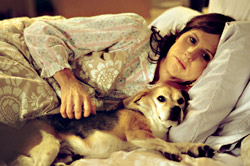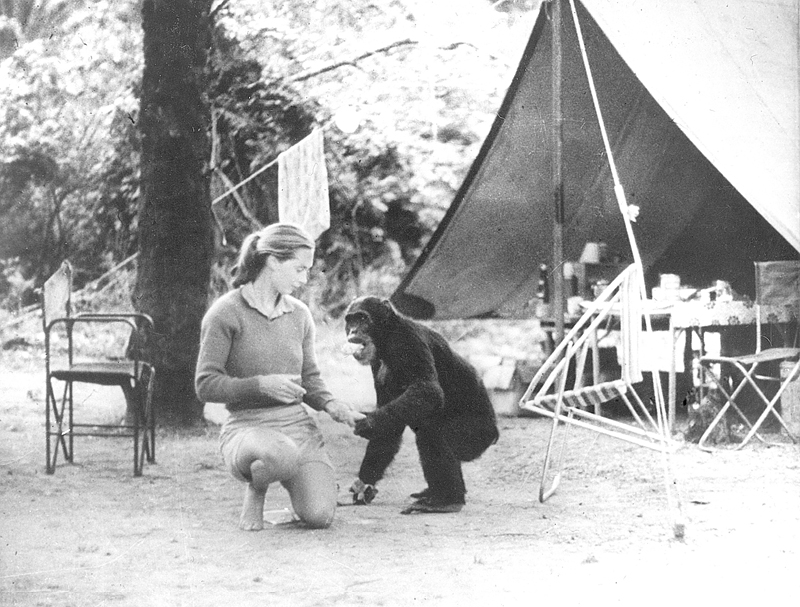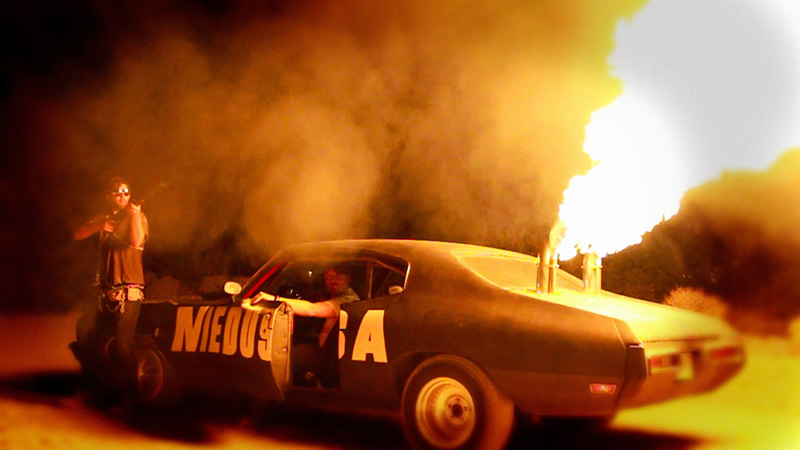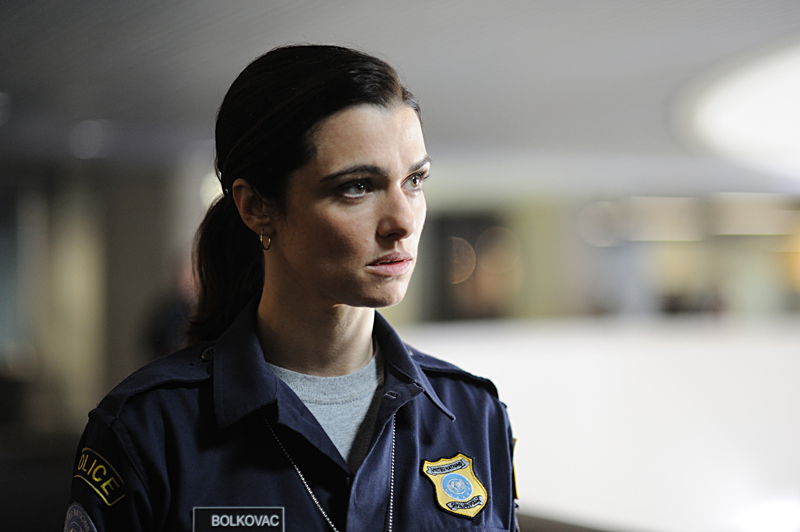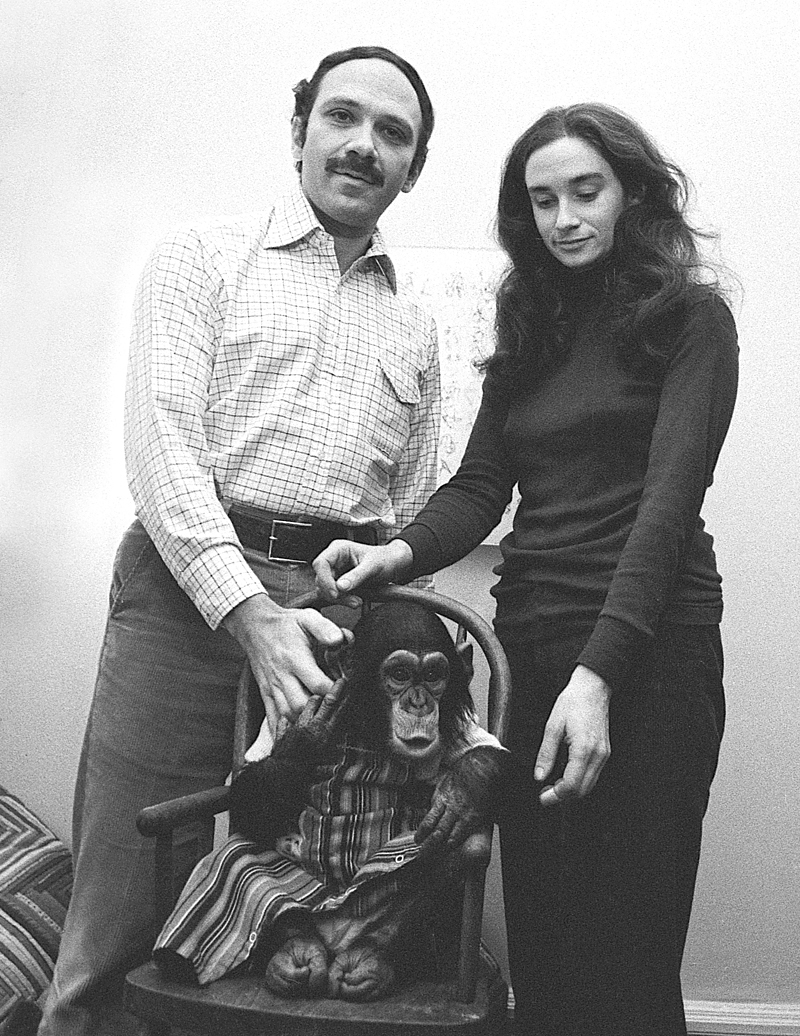Speaking as the owner of a new puppy, I can say definitively that a dog is both more and less annoying than the average person. Year of the Dog makes much the same point with its pack of uncontrollable pooches, including a cute beagle that rips into the wrong bag of treats and thereby makes an early widow of its master, Peggy (Molly Shannon), a hypersensitive animal lover who can’t easily manage the loss.
Indie/studio mongrel Mike White, writer of Chuck & Buck and The School of Rock (and oddball actor in both), here directs his latest geek’s revenge fantasy like a psychother–apeutically treated Todd Solondz. His fishbowl universe of prissy suburban breeders, casually sadistic office bosses, and zoophilic outcasts might turn Shannon’s administrative assistant a touch irritable at the midway point, but, unlike Solondz’s, White’s humor isn’t merciless. If anything, Dog‘s bark is more like a lonely howl, its comic bite never breaks the skin, and its kisses are sloppy. (You probably shouldn’t see the film if you don’t want to consider bringing home a pup of your own.)
That said, White’s world, as before, teems with narcissistic injury and desperate, borderline-pathetic yearning. The dogs are hardly the only yelpers here. White introduces Peggy—single, save for her pup—at the dog park on a sunny day, wearing a smile that seems a tad too wide to last. Spooning her little Pencil in bed at night, gazing at pictures of him in her cubicle during the workday, Peggy is, in the words of another White screenplay, a “good girl.” (She wears a crucifix necklace on some days.) At the mall, she catches her best friend’s beau flirting with another woman outside Victoria’s Secret and growls like a dog. White is a first-time director, but his habit of fixing the characters in unnerving proximity to the camera, under lights that are just shy of harsh, has less to do with inexperience than with his urge to magnify human imperfections until they look animalistic. Peggy can’t keep wagging her tail forever. Indeed, her trouble in SoCal paradise begins when Pencil goes out to “tee-tee” and doesn’t make it home.
Cruelty? Comedy? Of course. White’s tonal ambiguity, vacillating subtly between sarcastic and earnest, gives his dangerously slight film a tiny edge that lasts almost all the way through. The twinkling of a piano on the soundtrack matches Peggy’s grief as she weeps into the red, white, and blue sweater vest that dear departed Pencil doesn’t need in doggy heaven. Golly, what can our good girl possibly find to fill the hole in her heart? Her girlfriend Layla (Regina King) is perky but self-obsessed, hubby-hungry, and more than a bit insensitive: “Even retarded, crippled people get married!” she tells her unattached pal. Peggy’s regular-guy neighbor Al (John C. Reilly) pays just enough attention to spark her interest, but he’s mostly into hunting and his vast collection of knives. Her perfect brother (Thomas McCarthy) and perfect sister-in-law (Laura Dern) are busy sheltering their perfect daughter. Her boss (Josh Pais) is a tightass. And the concerned guy from the animal hospital, asexual Newt (Peter Sarsgaard), seems to love canines exclusively, but he at least helps get Peggy an abused shelter dog named Valentine.
Dogs, unlike people, don’t disappoint. Or do they? Everyone here, human and animal, has a primal preoccupation with licking wounds, marking territory, playing fetch, or baring teeth. As a vision of middle-class suburban America, Year of the Dog is maybe limited, but not by much. The film’s realist brand of satire hardly requires White to design a kitsch parade from scratch, only to set up his camera at PuppyWorld. Likewise, Shannon’s richly minimal performance—a series of reactions, most ranging from deadpan to perturbed—derives pathos from the familiarly elemental: happy, sad, bitter. What other significant emotions are there? When Peggy starts to act up, staging little revolts at work and at home, it’s more than a case of a neglected pup wanting attention. Surreptitiously writing company checks to animal rights groups isn’t revolutionary, perhaps, but it isn’t unheroic either. White’s comedic style may be fairly docile, although Year of the Dog does have a forceful lesson for the leash-and-collar set: Jump the fence. ROB NELSON
